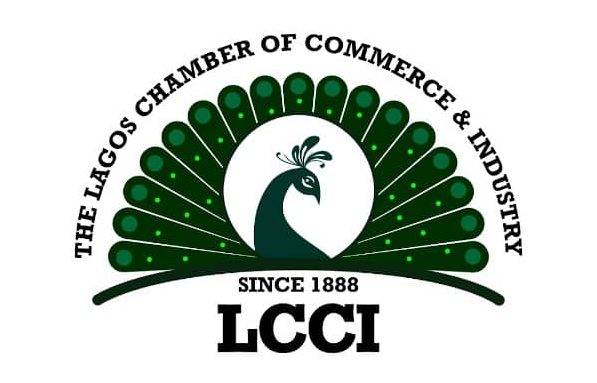The Lagos Chamber of Commerce and Industry said recent developments in the country’s oil sector point to the need for more regulatory prowess in dealing with issues such as divestments, crude supply to local refineries, resurfacing oil theft and pipeline vandalism.
This was contained in a press statement signed by the LCCI Director General, Dr Chinyere Almona, on Monday.
She noted that the plan to hand over the Kaduna and Warri refineries to private sector operators and the eventual refining happening in the Port Harcourt Refinery is critical to the performance of the oil sector.
Almona restated that to resolve the many regulatory matters, LCCI urged the government to implement the Petroleum Industry Act (PIA) letters, which she affirmed have the legal instruments to regulate the oil and gas sector.
The Chamber’s advocacy followed the quarter-on-quarter decline, which it declared highlights the sector’s vulnerability, despite the oil sector’s impressive year-on-year growth.
Also Read:
- FG sets date to flag off Cross River section of coastal highway
- Nationwide Protests: Bauchi Police urge organisers to reconsider
- Nwifuru to NUJ at 70: Strategise to return journalism to responsible foundation
- Lagos pledges support at Autism Art Exhibition
- Sanwo-Olu wishes new Alaafin of Oyo successful reign
Still, LCCI commended the performance of Nigeria’s Gross Domestic Product (GDP) in the second quarter of 2024, which recorded a 3.19% year-on-year growth in real terms, saying the “impressive growth surpasses both the 2.51% growth in the second quarter of 2023 and the 2.98% recorded in the first quarter of 2024, signalling resilience in the economy despite the global and domestic challenges faced during this period”.
Almona’s statement reads in part: “The growth in Q2 2024 was primarily driven by the Services sector, which posted a remarkable 3.79% growth and contributed 58.76% to the aggregate GDP. The industry sector also showed a significant turnaround with a 3.53% growth, recovering from the negative growth of -1.94% recorded in Q2 2023. While still expanding, the agriculture sector exhibited a modest growth of 1.41%, slightly lower than the 1.50% recorded in Q2 2023.
“The oil sector, a critical component of the Nigerian economy, recorded a substantial 10.15% growth in real terms, a stark improvement from the -13.43% contraction seen in Q2 2023. However, the sector’s quarter-on-quarter performance dipped by -10.51%, reflecting volatility in global oil markets and domestic production challenges”.
She pointed out that the non-oil sector, the bulk of Nigeria’s GDP, grew by 2.80%, driven by Financial and Insurance Services, Information and Communication, Agriculture, Trade, and Manufacturing.
While the overall GDP growth is commendable, LCCI stated that it is imperative that the government remains proactive in addressing key areas to sustain and enhance economic growth in the remaining months of 2024.
Following this, it recommended that the industrial sector’s return to growth is encouraging, but sustaining this momentum requires targeted interventions, urging the government to maintain the reforms and initiatives in the power sector to boost the electricity supply.
The Chamber disclosed that It is well noted that the total number of electricity metres provided newly to consumers increased by 3.3 percent on a month-on-month basis to 6.1 million in July 2024 from 5.9 million recorded in June, but the registered unmetered users of about 13.1million as of July points to the need for more efforts.
LCCI added: “The agriculture sector’s growth remains modest. To harness its full potential and drive more agricultural production, we need to sustain the interventions introduced in the past months, such as the import waivers to agriculture inputs and improving the security situation around our crop production sites. Additionally, improving rural infrastructure to reduce post-harvest losses and enhance market access is critical.
“The Trade sector has also performed very well in the past months. The sector grew by +0.7% year-on-year in Q2 ’24 against the +1.2% recorded in the preceding quarter. It is typically expected that the depreciation of the Naira against significant currencies should positively impact the balance of trade accounts by stimulating export growth while curbing imports. We need more investment in port infrastructure to boost exports.
“The Services sector remains the backbone of Nigeria’s GDP, particularly Information and Communication and Financial Services. Continued support for digital transformation, financial inclusion, and fintech innovations will be vital. Regulatory frameworks that promote fair competition and consumer protection should be strengthened to sustain the sector’s growth”.
LCCI acknowledged the government’s efforts to steer the economy towards growth, amidst global uncertainties, stressing that sustained focus on the highlighted areas will be critical to stabilising the economy for growth and development.


